2025 Summer Highlights: Interview with Dr. Robert Langer, Sc.D. (MIT) on Professional Development and His Insights on Nanoscience
Published in Bioengineering & Biotechnology
In this episode, join us for an inspiring conversation again with Dr. Robert Langer, Sc.D. (MIT), as he shares invaluable advice on navigating a successful scientific career and offers a glimpse into the future of nanoscience. In this episode, we explore:
Professional Development: Dr. Langer discusses how early-career scientists can build strong, cross-disciplinary partnerships and the key habits and mindsets that helped him transition from bench research to world-changing innovation. He also reflects on how his mentorship approach has evolved over decades, providing guidance to those pursuing leadership roles at the nexus of academia and industry.
---
Questions:
Professional Development:
-
Throughout your career, you've emphasized interdisciplinary collaboration. How can emerging scientists strategically cultivate effective, multidisciplinary partnerships early in their professional journeys?
-
Reflecting on your own professional trajectory, what habits or mindsets do you believe were most crucial in transitioning successfully from scientific inquiry to impactful innovation?
-
How have your mentorship strategies evolved over the years, especially when guiding individuals pursuing leadership roles at the intersection of academia and industry?
-
Considering recent advancements, what novel areas within nanoscience do you find most promising or surprising, particularly those relevant to medical applications?
-
How do you foresee the integration of nanoscience with other disciplines (like artificial intelligence or bioinformatics) reshaping pharmaceutical and biomedical research over the next decade?
-
Could you highlight a recent breakthrough or approach in your lab related to nanoscience that significantly changed your thinking about future therapeutic possibilities?
-
When you developed curricula for math and science education, what core principles guided your approach to ensuring both depth of content and accessibility to diverse learners?
-
How did you balance rigorous scientific accuracy with the practical engagement of students who might not initially be inclined towards STEM subjects?
-
Reflecting on the implementation phase, what strategies or frameworks were most effective in training educators to deliver complex scientific concepts confidently?
-
In your experience, what differentiates a merely effective textbook from one that genuinely inspires students and significantly advances their understanding of scientific concepts?
-
Given your extensive experience, what critical components or features should I emphasize or enhance in my upcoming chemistry textbooks to better support active learning and critical thinking?
-
Based on your observations, what common pitfalls should be avoided when structuring textbooks intended for advanced high school or undergraduate science courses?
-
Considering current global challenges, how can aspiring scientists and educators ensure their contributions remain impactful, relevant, and grounded?
-
Finally, could you share a recent experience or insight that profoundly influenced your views on education, mentorship, or scientific innovation?
----
Note: The views of this podcast reflect those of my guest(s) and I.
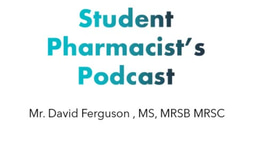
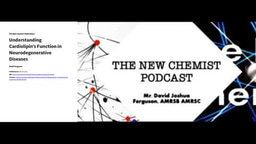
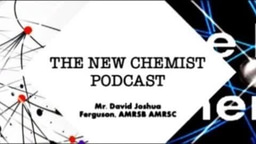
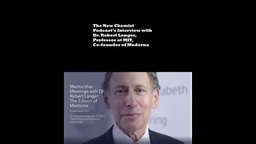
Please sign in or register for FREE
If you are a registered user on Research Communities by Springer Nature, please sign in